6 GPTs for Health Informatics Powered by AI for Free of 2026
AI GPTs for Health Informatics are advanced computational tools leveraging Generative Pre-trained Transformers technology tailored for healthcare data management, analysis, and decision-making processes. They are pivotal in interpreting complex medical data, providing insights, and supporting healthcare professionals by offering personalized, AI-driven solutions. These tools encompass a range of applications, from patient data analysis to medical research, highlighting their versatility in addressing specific health informatics challenges.
Top 6 GPTs for Health Informatics are: Gia - Graph & Chart Creator,SNOMED Navigator,🩺 Endocrine Expert Assistant 🧬,🩺 MedData Insight Assistant 🧬,SPHN Navigator,Doctor Advise
Gia - Graph & Chart Creator
Visualizing Data, Empowering Decisions
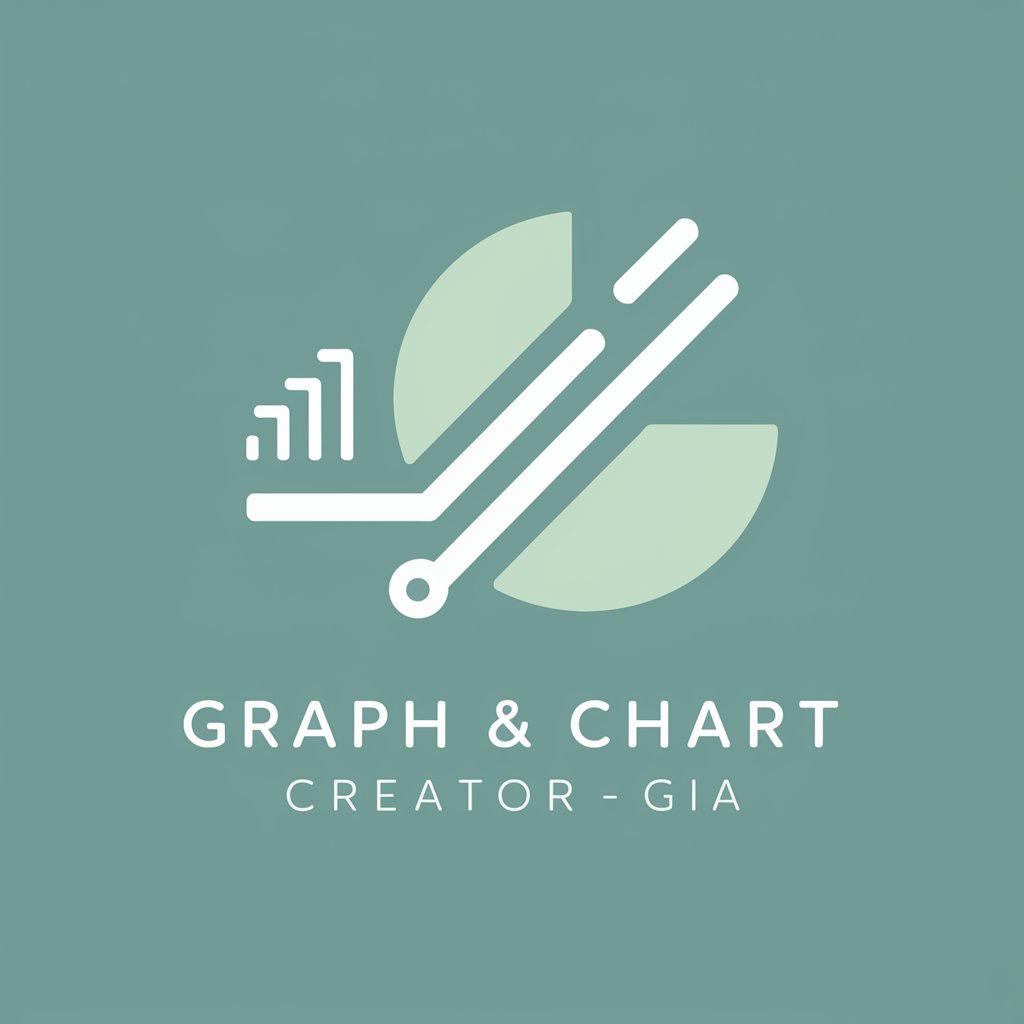
SNOMED Navigator
Powering precision in medical coding with AI
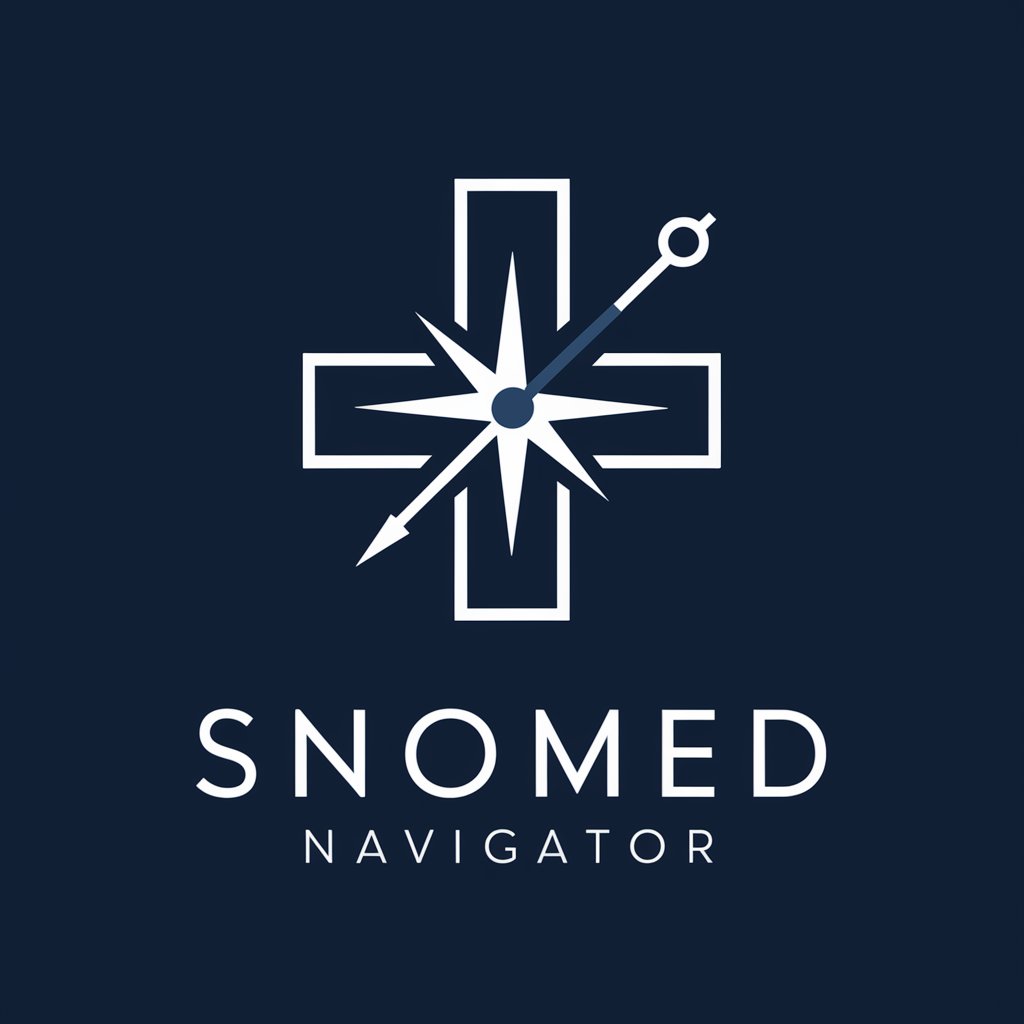
🩺 Endocrine Expert Assistant 🧬
Empowering Endocrine Insights with AI
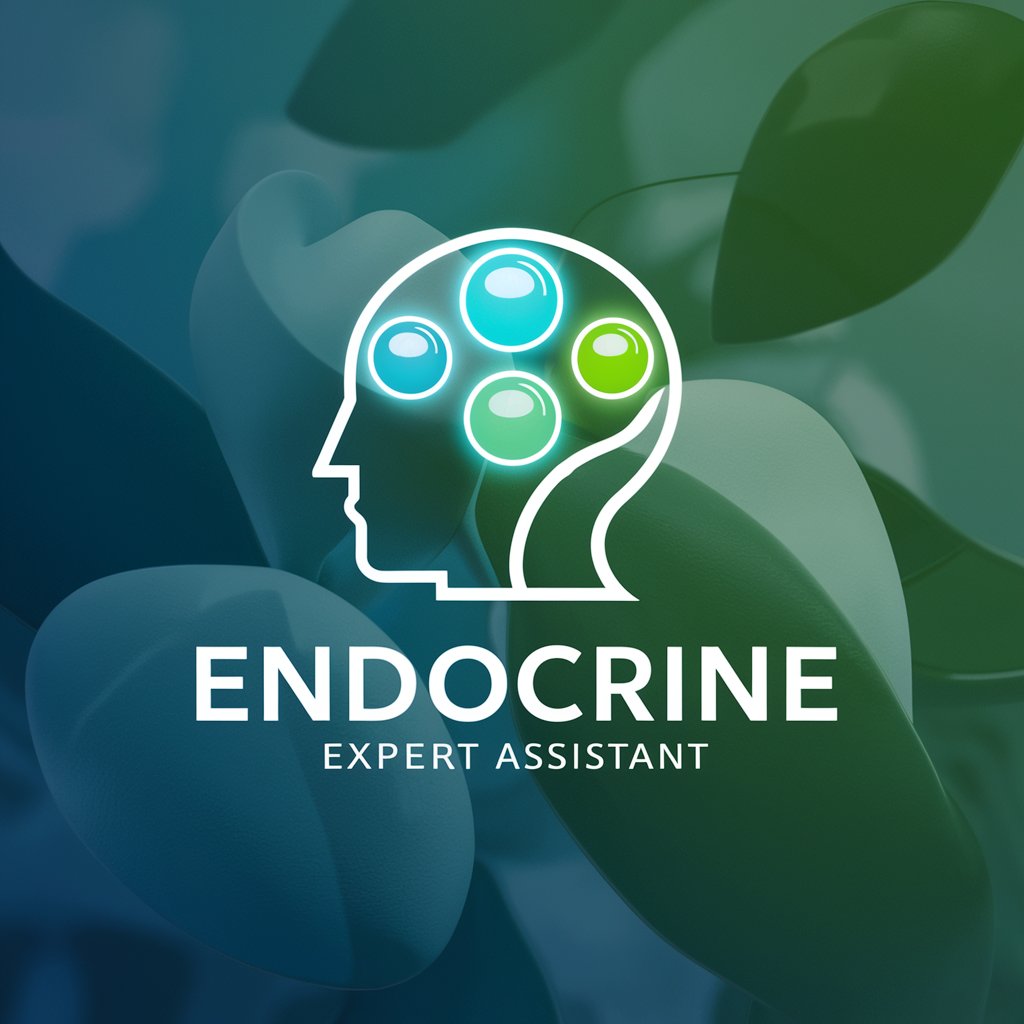
🩺 MedData Insight Assistant 🧬
Empowering Health Decisions with AI

SPHN Navigator
Navigating Health Data, Simplified
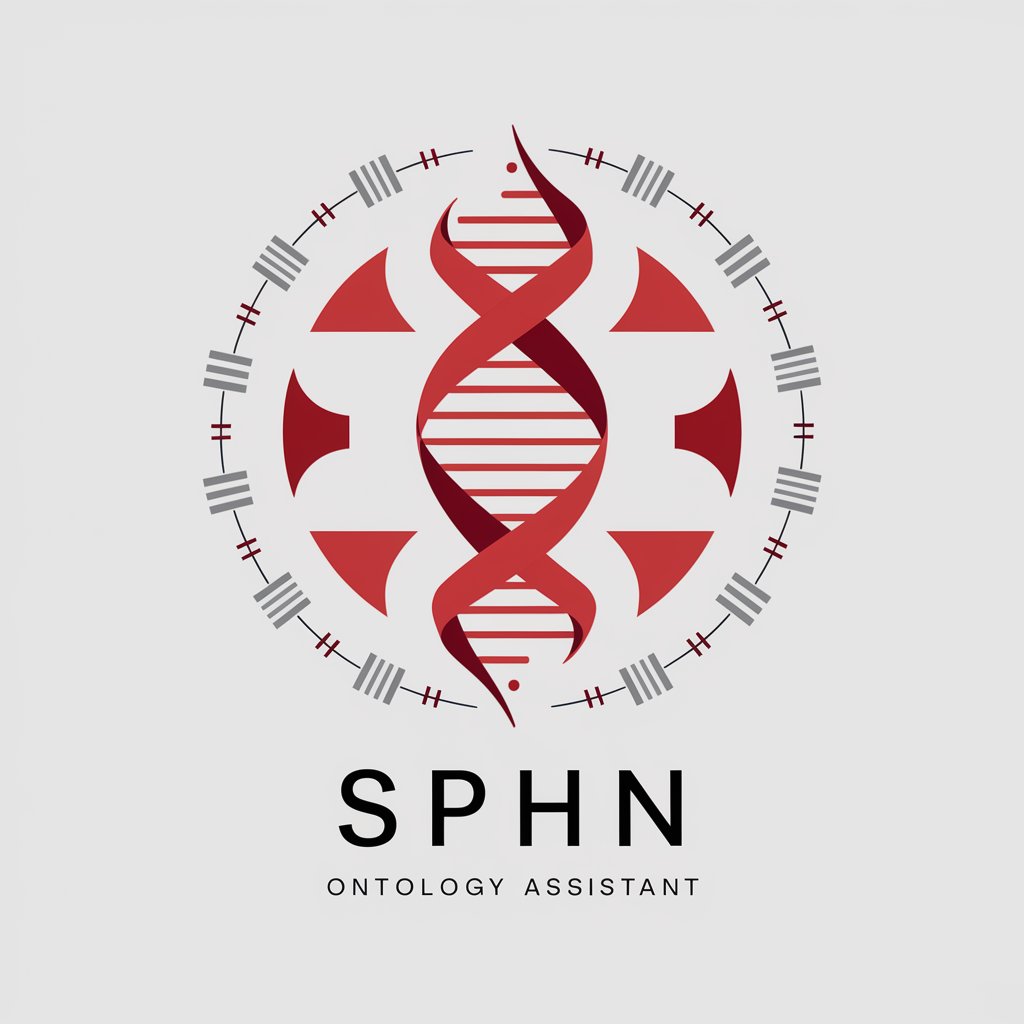
Doctor Advise
Empowering healthcare with AI
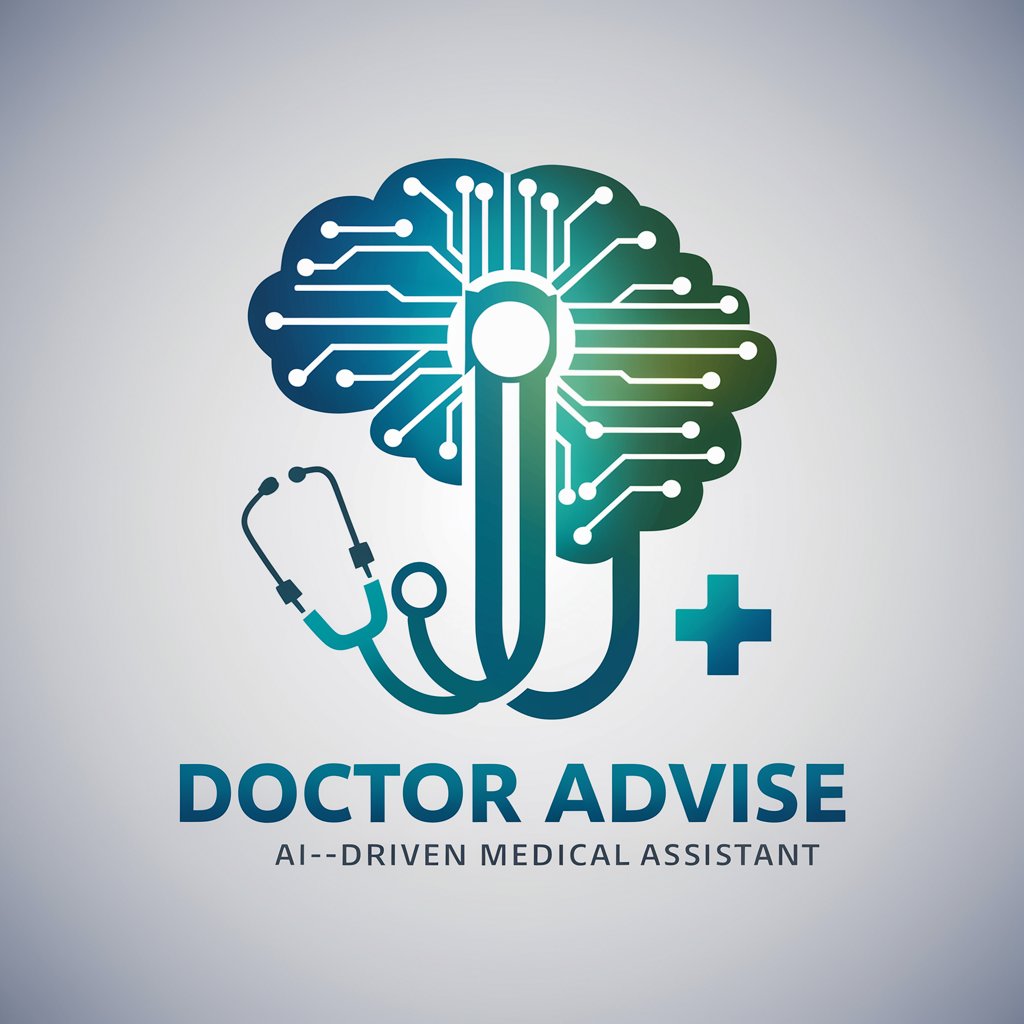
Essential Attributes and Functions
AI GPTs in Health Informatics are distinguished by their ability to learn from vast amounts of medical literature and patient data, providing accurate, evidence-based responses to health-related queries. Features include natural language processing for understanding and generating medical texts, predictive analytics for patient care, personalized treatment recommendations, and data privacy measures. Their adaptability spans simple information retrieval to complex diagnostic support, underpinned by capabilities in language learning, technical support, web searching, image creation, and comprehensive data analysis.
Who Benefits from Health Informatics AI?
The primary beneficiaries of AI GPTs in Health Informatics include healthcare professionals seeking to enhance patient care, medical researchers exploring new treatments, and health informatics specialists looking to optimize data management processes. Additionally, these tools are accessible to novices without coding skills through user-friendly interfaces, while offering advanced customization options for developers and IT professionals in the healthcare sector.
Try Our other AI GPTs tools for Free
Fun Challenge
Discover the world of AI GPTs for Fun Challenge, your ultimate solution for creating, engaging, and enjoying interactive entertainment and challenges. Tailored for both novices and professionals.
Project Highlighting
Discover AI-powered GPT tools for Project Highlighting, designed to effortlessly summarize, analyze, and showcase key project aspects. Tailored for both novices and experts.
Technique Sharing
Explore how AI GPTs for Technique Sharing revolutionize knowledge dissemination, offering tailored, intelligent solutions across fields.
Cognitive Techniques
Discover how AI GPTs for Cognitive Techniques revolutionize cognitive science and psychology, offering deep insights, tailored solutions, and user-friendly access for professionals and novices alike.
Spoiler-Free Summaries
Discover the cutting-edge AI GPT tools designed for crafting spoiler-free summaries, perfect for readers and viewers eager to learn about content without ruining the surprise.
Ratings & Reviews
Discover how AI GPTs for Ratings & Reviews can transform your approach to customer feedback, leveraging advanced AI to analyze, summarize, and respond to reviews with unparalleled efficiency.
Expanded Potential in Healthcare
AI GPTs for Health Informatics revolutionize healthcare by offering scalable, customizable solutions across various sectors, enhancing patient care, research, and data management. Their integration into existing systems underscores a commitment to innovation, efficiency, and improved health outcomes, with user-friendly interfaces ensuring broad accessibility and adoption.
Frequently Asked Questions
What exactly are AI GPTs for Health Informatics?
AI GPTs for Health Informatics are AI technologies designed to process, analyze, and generate insights from healthcare data, utilizing natural language processing to interpret and communicate complex medical information effectively.
How do these tools benefit healthcare professionals?
They offer precise, data-driven insights for patient care, streamline data analysis, enhance decision-making processes, and support personalized treatment plans.
Can non-technical users easily utilize these tools?
Yes, with user-friendly interfaces and intuitive design, non-technical users can leverage these tools without needing advanced programming knowledge.
Are there customization options for developers?
Developers can access advanced features and APIs for customizing and integrating AI GPTs into existing health informatics systems, enabling tailored solutions.
What kind of data analysis capabilities do these tools have?
They can perform predictive analytics, patient data analysis, and medical research, employing advanced algorithms for deep insights.
How do these tools handle privacy and data security?
AI GPTs are designed with robust data privacy and security measures, ensuring patient information is handled in compliance with healthcare regulations.
Can AI GPTs generate medical reports?
Yes, they can synthesize patient data and medical literature to generate comprehensive medical reports and documentation.
What are the possibilities for integrating these tools with existing healthcare systems?
These tools are highly adaptable and can be integrated with EHRs, diagnostic systems, and other healthcare management platforms, facilitating seamless data flow and interoperability.